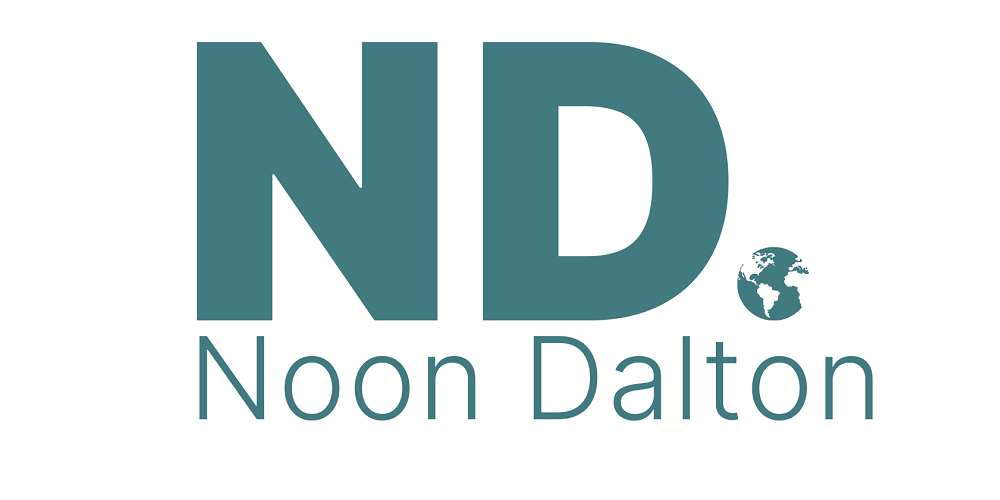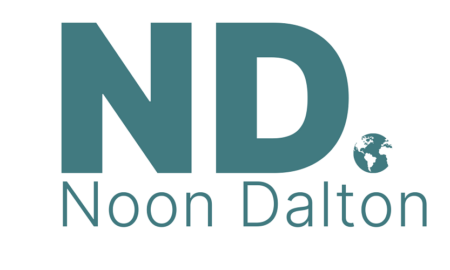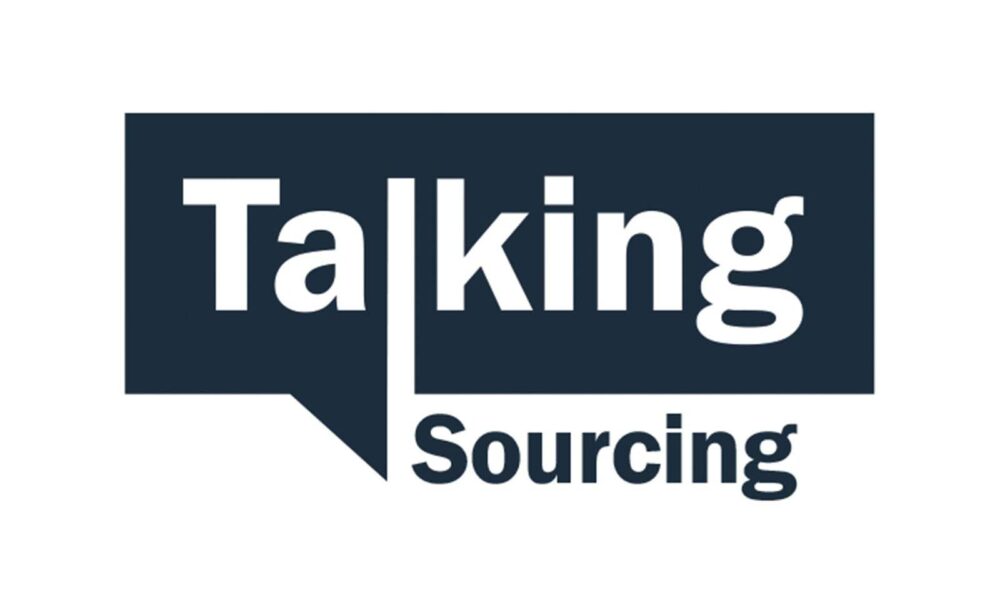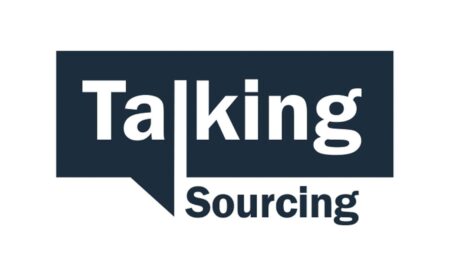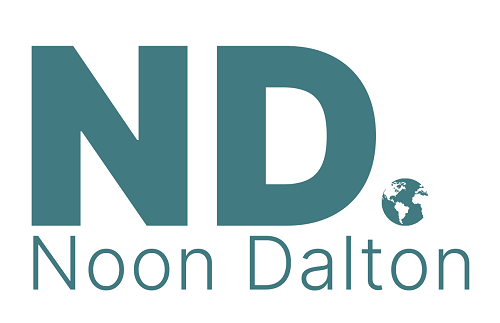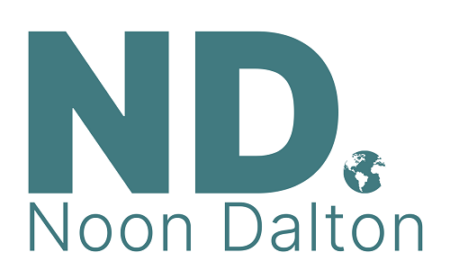Search engines are integrating it.
Some writers are striking because of it.
Recently, few topics have garnered as much attention as artificial intelligence. With the introduction of new AI platforms, many people are worried about how this technology will affect their jobs. In fact, some are even wondering if AI will eventually replace ALL human-led jobs. While this prediction may seem a little dramatic, it’s worth considering the potential impact of AI on various industries, including outsourcing. While AI will certainly disrupt the outsourcing industry, the idea that it will completely replace human workers is not only misguided but miles away from reality.
So, if AI won’t destroy outsourcing, what impact will it have?
A history of evolution
Outsourcing has always had to evolve as companies seek to optimize their operations and drive growth in an ever-changing global marketplace. Throughout history, businesses have constantly pursued cost-cutting measures, and one of the most prominent approaches has been outsourcing to countries like China, the Philippines, and Jamaica. This strategy enhanced their competitiveness in the global market and resulted in increased profitability. However, outsourcing, by its very nature, has had to adapt to dynamic business needs and technological advancements. A prime example of this adaptation lies in the proliferation of digital technologies at the turn of the 21st century.
As the world became increasingly dependent on technology, the evolution of outsourcing became imperative. Additionally, this evolution opened up new avenues for businesses to streamline their operations and achieve enhanced efficiency. By tapping into the global talent pool, companies can now source expertise from various geographical locations, transcending physical boundaries and harnessing diverse perspectives
AI the next technological shift
The business world is facing yet another shift. AI has the potential to transform business practices, making them more efficient, effective, and profitable. Forward-thinking companies are realizing that AI should be embraced as an opportunity rather than feared as a destroyer. Among the immediate benefits of AI are:
- Reduction of Costs: AI can automate many of the repetitive tasks. This can reduce labor costs and improve efficiency.
- Improvement of Supply Chain Management: AI can help businesses optimize their supply chains by analyzing data on inventory levels, shipping times, and demand forecasts.
- Increase Data Analysis Accuracy: AI can quickly and accurately analyze large datasets to identify patterns and insights. This can improve accuracy in areas such as financial analysis, risk management, and fraud detection.
- Provision of Real-Time Insights: AI can provide real-time insights into business operations, allowing businesses to make faster and more informed decisions. This can be particularly useful for businesses operating in fast-paced industries such as finance and healthcare.
Opportunities vs threats
The rise of hybrid situations, where people work alongside machines, has become increasingly common in customer service. For example, chatbots can handle simple customer inquiries, while human agents can handle more complex issues. This creates a seamless customer experience, where customers can get quick answers to their questions without having to wait on hold for a human agent.
The key to a successful hybrid situation is finding the right balance between AI and human interaction. Too much AI and the customer experience can feel impersonal and robotic. Too much human interaction and the process can become slow and inefficient. AI, when integrated into outsourcing, serves as a powerful tool that complements and enhances the capabilities of human resources. However, it cannot replace the human qualities of empathy and emotion. In the realm of customer experience (CX), these qualities are pivotal in building meaningful connections and fostering customer loyalty.
When it comes to CX, customers crave personalized interactions, genuine empathy, and emotional connection. AI-powered chatbots and virtual assistants can provide quick responses and accurate information, but they lack the emotional intelligence that humans possess. Human agents have the ability to understand and empathize with customers’ needs, offer tailored solutions, and go above and beyond to create memorable experiences.
The true power lies in the collaboration between AI and human agents in CX. By leveraging AI technologies, outsourcing providers can empower their human agents with valuable insights, predictive analytics, and real-time data to enhance their ability to deliver exceptional CX. This synergy enables businesses to strike the perfect balance between automation and emotional connection, resulting in customer experiences that are efficient, empathetic, and memorable.
Early adoption for innovation
As such, there are numerous benefits of becoming an early adopter and outsourcing service providers find themselves at a crossroads. Do they stick with the tried and true path that they know won’t disappoint, or do they take a chance on new technology and position themselves as innovators?
In the dynamic landscape of modern business, staying ahead of the curve is crucial. Being open to change and embracing new possibilities is essential for success. AI-powered tools and systems can handle a range of tasks, allowing service providers to streamline operations and allocate their human resources more strategically. By automating certain functions, outsourcing providers can focus their workforce on more complex and strategic endeavors that require critical thinking, creativity, and problem-solving skills.
Evolving to upsourcing
This means shifting away from low-level tasks and focusing on more complex and strategic services. The benefits of higher value services are clear. By outsourcing tasks that require specialized skills and knowledge, businesses can free up their time and resources to focus on more important tasks. This can lead to increased innovation and competitiveness in the market.
The shift towards higher value services is already happening in the outsourcing industry, particularly in countries like Jamaica. For example, instead of outsourcing simple data entry tasks, international businesses are choosing Jamaica for tasks like data analysis, cyber security and other tasks that require specialized skills and knowledge, and provide more value to businesses.
Moreover, as Jamaica continues to reimagine outsourcing with technology parks that give businesses turnkey access to this upskilled workforce and technology resources, select Fortune 500 companies have recognized that Jamaica’s business ecosystem is the edge they need for global competitiveness, scalability, agility and reliability – making the country an excellent case study on the benefits of progressive thinking and innovation.
Synergy with AI
It is imperative to adopt a discerning perspective that recognizes the incredible possibilities that emerge when human ingenuity intersects with the realm of artificial intelligence. Despite the prevailing dystopian narratives, the future before us is not characterized by replacement or obsolescence; rather, it promises a harmonious symbiosis of human capabilities and AI augmentation, leading to unprecedented collaboration and prosperity.
Now is the opportune moment to shed the pessimistic outlook and embrace the transformative power of AI as a catalyst for advancement. By integrating AI technologies into our workflows, we can leverage its immense potential to augment our cognitive abilities, automate mundane tasks, and unlock new realms of productivity. Rather than fearing displacement, we should focus on how AI can enhance our capacity for innovation, creativity, and problem-solving, ultimately leading to a more prosperous and interconnected future. In this vision of coexistence, humans and AI work in tandem, each contributing their unique strengths, resulting in unprecedented advancements across various domains.




